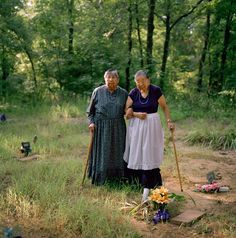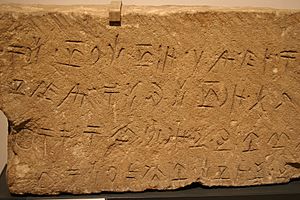Extinct language facts for kids
An extinct language is a language that no longer has any native speakers. It's like a language that has gone to sleep forever. Because no one speaks it as their first language anymore, it cannot grow or change. A famous extinct language is Latin, which was spoken by the ancient Romans. One of the first languages we know became extinct was that of the Sumerians.
Contents
Why Languages Disappear
Languages can become extinct for many reasons. Sometimes, all the people who speak a language might die out, perhaps because of a disease or a war. Other times, speakers might choose to learn and use a different language, especially if that language is spoken by more people or is seen as more important for things like school or work. When children stop learning a language from their parents, that language is in danger of disappearing.
Languages That Have Recently Disappeared
Many languages have become extinct in recent times. This often happens when only a few older people are left who speak the language, and younger generations do not learn it. Here are a few examples of languages that have recently lost their last native speakers:
- Akkala Sami: The last known speaker, Marja Sergina, passed away in 2003. This was a language spoken in parts of northern Europe.
- Beothuk: This language from Newfoundland, Canada, became extinct when its last known speaker, Shanawdithit, died in 1829.
- Cornish: Dolly Pentreath, the last fluent speaker of Cornish, died in 1777. However, people are now trying to bring this language back to life!
- Kakadu: The last speaker of this Australian Aboriginal language, Big Bill Neidjie, died in 2002.
- Manx: Ned Maddrell, the last native speaker of Manx (from the Isle of Man), died in 1974. Like Cornish, Manx is also being revived, and many people are now learning it as a second language.
- Ubykh: This language from the Caucasus region became extinct in 1992 with the death of its last speaker, Tevfik Esenç.
- Vegliot Dalmatian: The last speaker of this language, Tuone Udaina, died in 1898. It was spoken on an island in the Adriatic Sea.

Can Extinct Languages Come Back?
Sometimes, a language that has become extinct can be brought back to life. This is called language revival. It happens when people work hard to learn and teach the language again, even if there are no native speakers left. They use old books, recordings, and other materials to reconstruct the language. The Cornish and Manx languages are good examples of successful language revival efforts.
See also
- Language death
- Language attrition
 In Spanish: Lengua muerta para niños
In Spanish: Lengua muerta para niños


